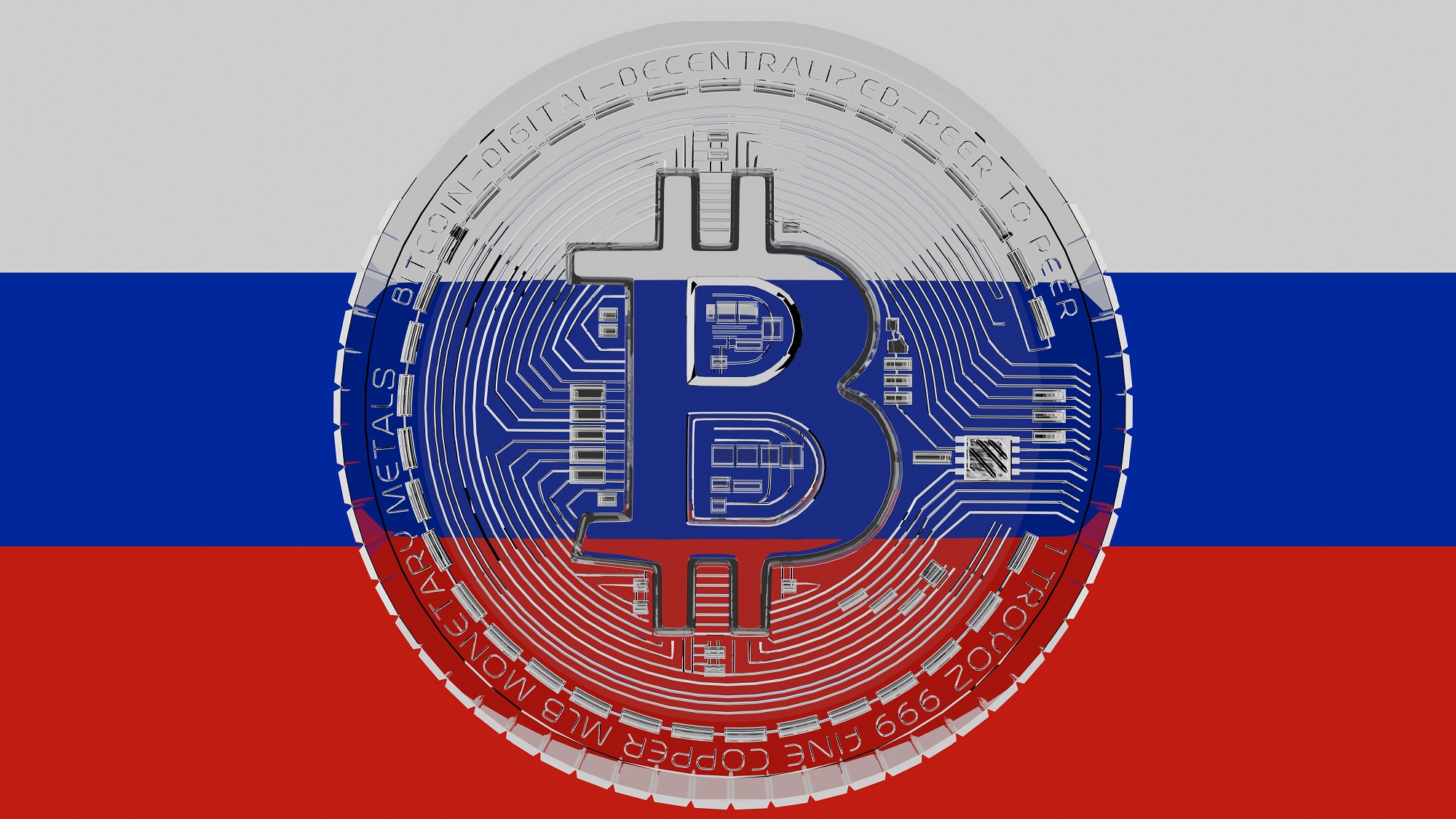[ad_1]

Russian politicians say they will debate a long-awaited crypto regulation bill before the end of the current parliamentary session.
The move is a suggestion that some parts of the crypto sector may finally move out of the regulatory grey area.
The media outlet News.ru reported that the State Duma (the Russian parliament) is set to hold a first reading for a “bill on the legalization of cryptocurrencies” in the (current) spring session.
The current session concludes at the end of July.
Anatoly Aksakov, the Chair of the State Duma Committee on the Financial Markets, was quoted as stating:
“I think that in the spring session, we will adopt a law, for sure at least in the first reading. It will focus on the legalization of the use of cryptocurrencies for [overseas] payments and [overseas] financial transactions. We have agreed with the Central Bank and the government that this must be done.”
The nation’s Central Bank wants to ban all forms of crypto-related activity.
It has indicated, however, that it may be prepared to allow Russian firms to do international trade in crypto.
Doing so would allow trading firms to evade Western sanctions placed on Russian companies following the outbreak of war with Ukraine last year.
But it will only countenance the move if traders swap their coins for fiat on trading platforms.
Will Russian Crypto Law Held Create a ‘State-run Crypto Exchange?’
Some politicians have claimed that Moscow should create a state-run crypto exchange for the purpose of aiding importers and exporters.
Aksakov opined that the “legalization” of the use of crypto in trade deals would “allow the country to pay for imported goods and carry out other operations” using tokens.
Aksakov added:
“I believe it is better to legalize such infrastructure [by launching a state-run crypto exchange]. But the Central Bank has a different opinion on this matter. The position of the Ministry of Finance is much closer to mine. This is a matter for discussion.”
Crypto trading and mining are currently neither legal nor illegal in Russia.
Instead, they have no legal status, and are not subject to taxation.
Last week, the Central Bank revealed that Russian households are now spending more on crypto than they do on gold and other precious metals.
[ad_2]
cryptonews.com




